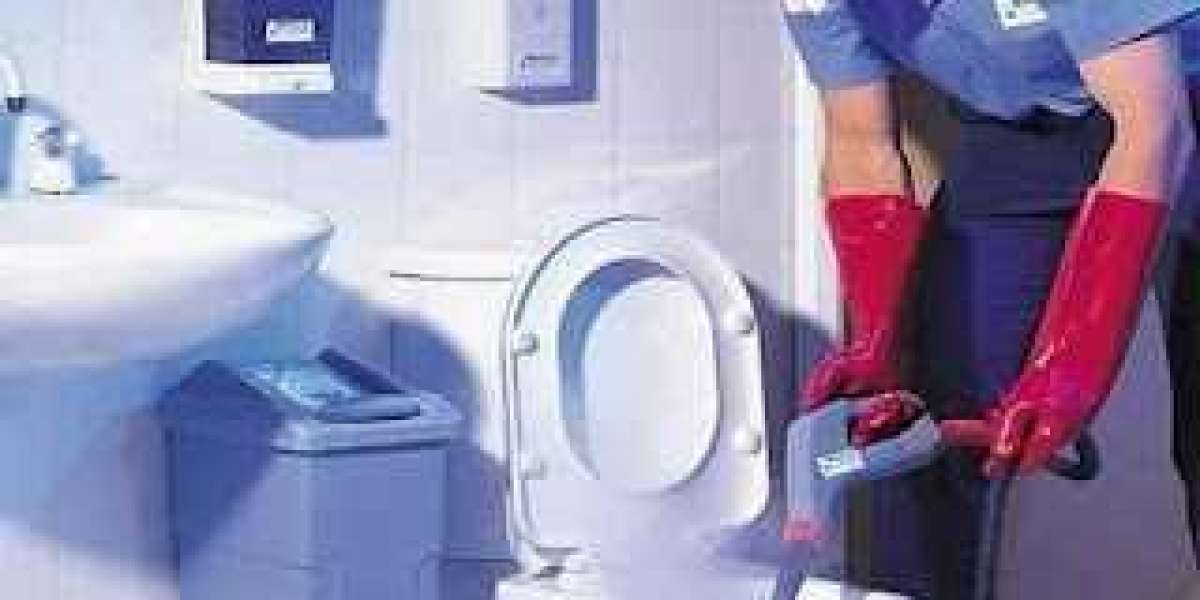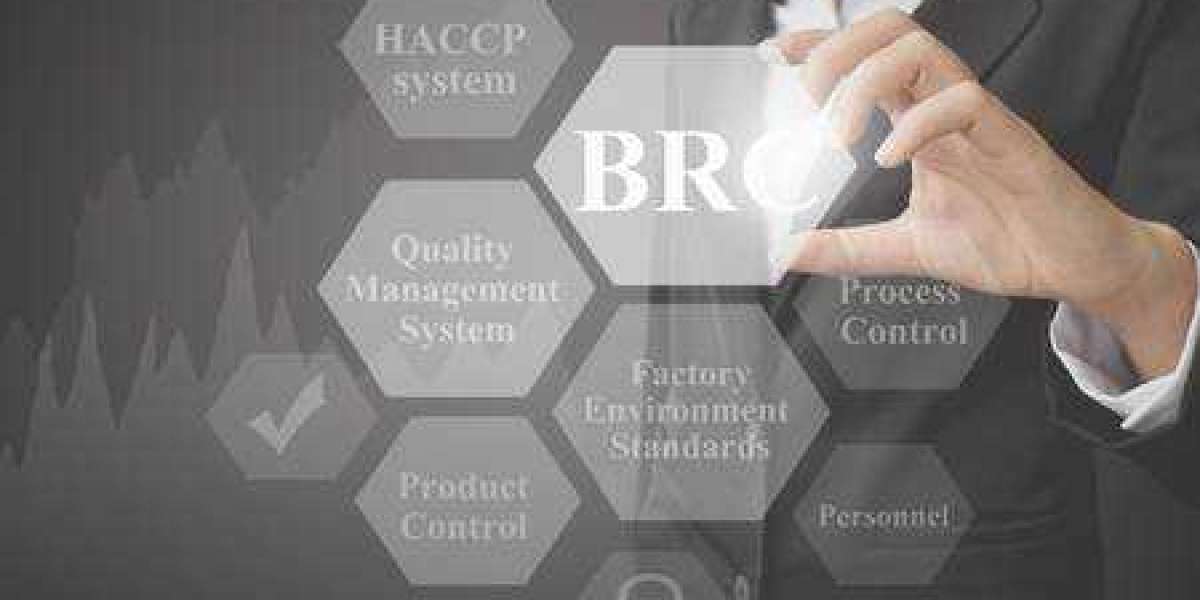Introduction:
Cleanliness is far more than a simple virtue; it's a cornerstone of good health and overall well-being. From the cleanliness of our surroundings to personal hygiene practices, maintaining a clean environment plays a vital role in preventing illness, reducing stress, and promoting a higher quality of life. In this article, we will explore the multifaceted importance of cleanliness in fostering health and well-being for individuals and communities.
1. Reducing the Spread of Illness:
One of the most immediate benefits of cleanliness is its ability to mitigate the spread of diseases and infections. Regular handwashing, surface cleaning, and overall hygiene practices are essential in preventing the transmission of pathogens.
2. Enhancing Physical Health:
A clean living space, free from dust, allergens, and pollutants, contributes to better respiratory health. Clean air and surfaces reduce the risk of allergies, asthma, and other respiratory conditions.
3. Promoting Mental Health:
A tidy environment can have a positive impact on mental well-being. Clutter and mess can contribute to stress and anxiety, while cleanliness fosters a sense of order and calm.
4. Personal Hygiene:
Maintaining personal hygiene, including regular bathing, brushing teeth, and washing hands, is fundamental for preventing illness and promoting overall health.
5. Reducing Stress:
A clean and organized space can reduce stress levels. A cluttered and dirty environment can be mentally taxing, whereas cleanliness can promote relaxation and peace of mind.
6. Boosting Confidence:
Good personal hygiene and a clean appearance can boost self-esteem and confidence. Feeling clean and well-groomed contributes to a positive self-image.
7. Preventing Foodborne Illnesses:
Cleanliness is paramount in food preparation and handling. Proper washing of hands, cooking utensils, and surfaces can prevent foodborne illnesses.
8. Hygienic Practices in Healthcare:
Cleanliness is a fundamental aspect of healthcare settings. It reduces the risk of hospital-acquired infections and ensures patient safety.
9. Community Well-being:
Cleanliness extends to public spaces, which impact the well-being of entire communities. Well-maintained public areas promote a sense of pride and safety among residents.
10. Pandemic Preparedness:
In light of global pandemics like COVID-19, cleanliness and hygiene practices have gained unprecedented importance in preventing the spread of infectious diseases.
11. Environmental Impact:
Cleanliness is not limited to personal spaces. Adopting eco-friendly cleaning practices reduces the environmental impact of cleaning agents and contributes to a healthier planet.
12. Educating the Next Generation:
Teaching children about the importance of cleanliness sets the foundation for lifelong habits that promote health and well-being.
Conclusion:
Cleanliness is not a superficial concept; it's a fundamental aspect of our health and well-being. From preventing diseases to reducing stress and improving mental health, the role of cleanliness in our lives cannot be overstated. By prioritizing cleanliness in our personal lives, communities, and public spaces, we can create a healthier, safer, and more harmonious world for ourselves and future generations.








